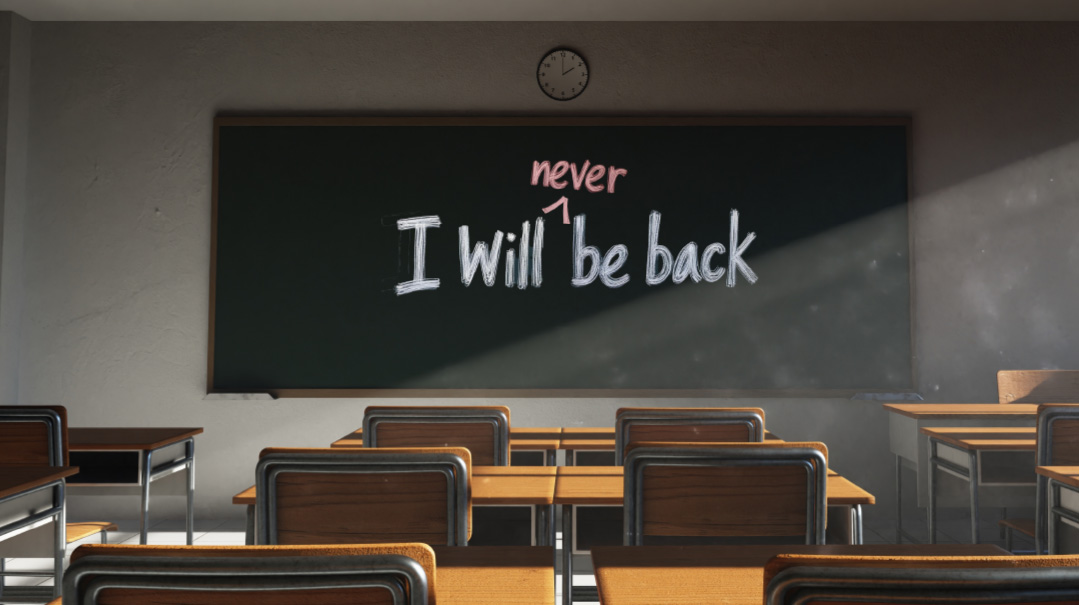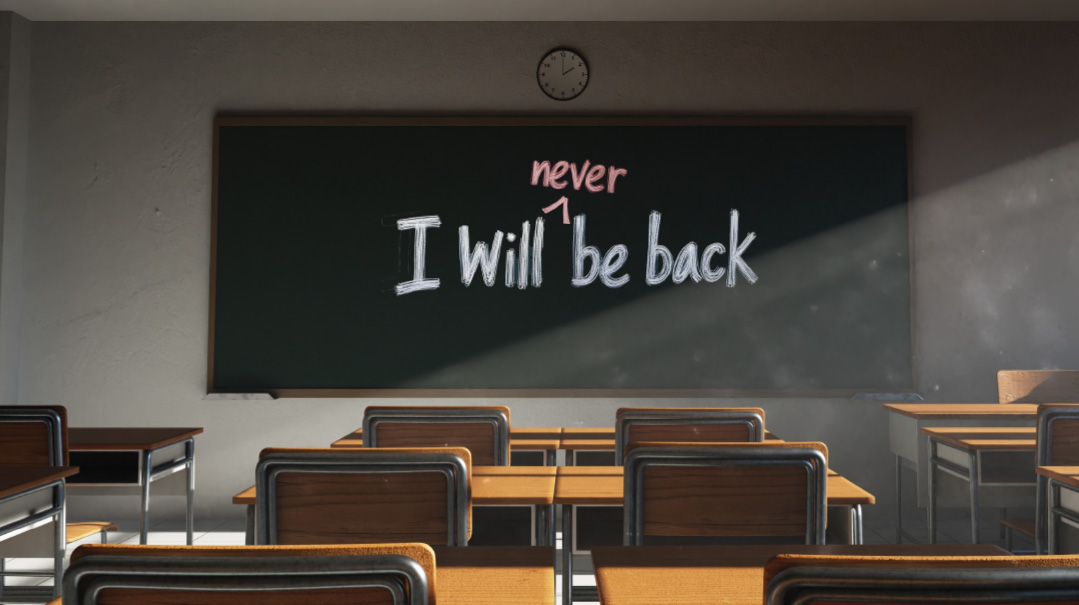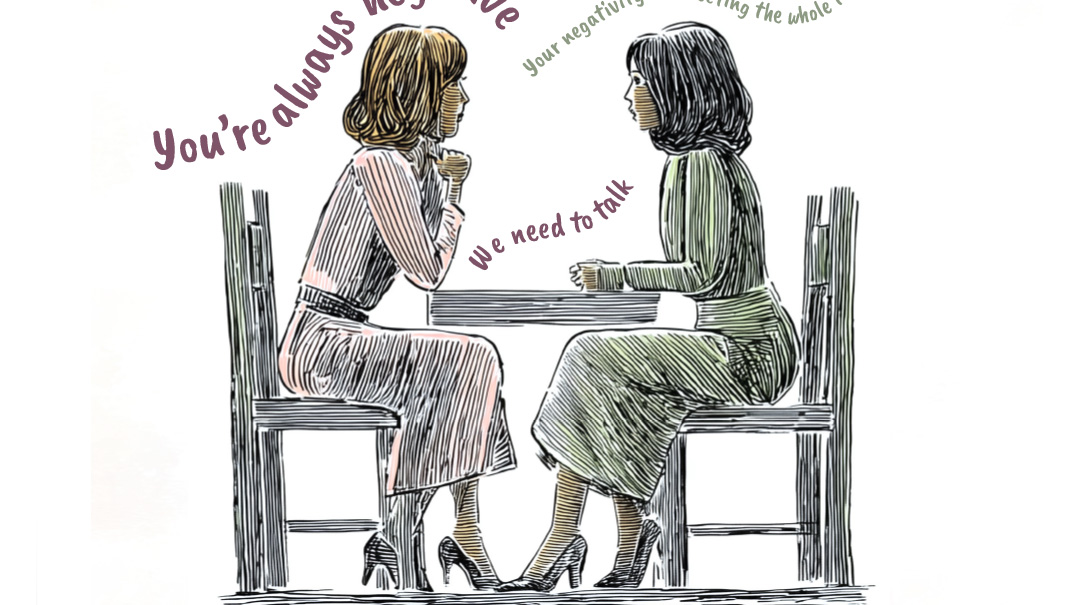Just Answer “No”
| December 10, 2024Why are some seminaries asking girls if they've ever gone to therapy?

“We need to create more awareness.”
“We need to have more supports.”
“There is no stigma around an ear infection: There should be no stigma around mental health conditions either.”
These are lines we’re saying more and more often, because we’ve learned something communally: Shoving problems under the rug or delaying getting the right help comes at a steep price.
A recent convention had no less than three major sessions on therapy-related topics presented by clinicians alongside rabbanim. We’re creating a climate in which we begin normalizing getting help instead of helpless hand-wringing.
This is good. From my vantage point, I see so many more people getting the help and tools they need to be healthy, functional, contributing members of society.
But then our daughters apply to seminary. And on some of those applications they fill out, they encounter variations of this question: Are you in therapy? Have you ever been to therapy?
To me, naive soul, it’s a yes or no question.
But apparently, it’s not.
As someone whose work has me frequently interacting with high-school girls, I began fielding calls from girls who panicked at the question and the advice they’d been given.
I’ve had 12th graders tell me that their principals told them to answer no, even when they were in therapy. “Just have in mind that you won’t go again when you submit the application,” they were told. “If you start again afterward, it’s like new therapy.”
There are girls told to just, “Say no, because nobody says yes.”
There are girls told to say no for any of a million other reasons.
Bottom line: Just answer no.
Oops! We could not locate your form.







